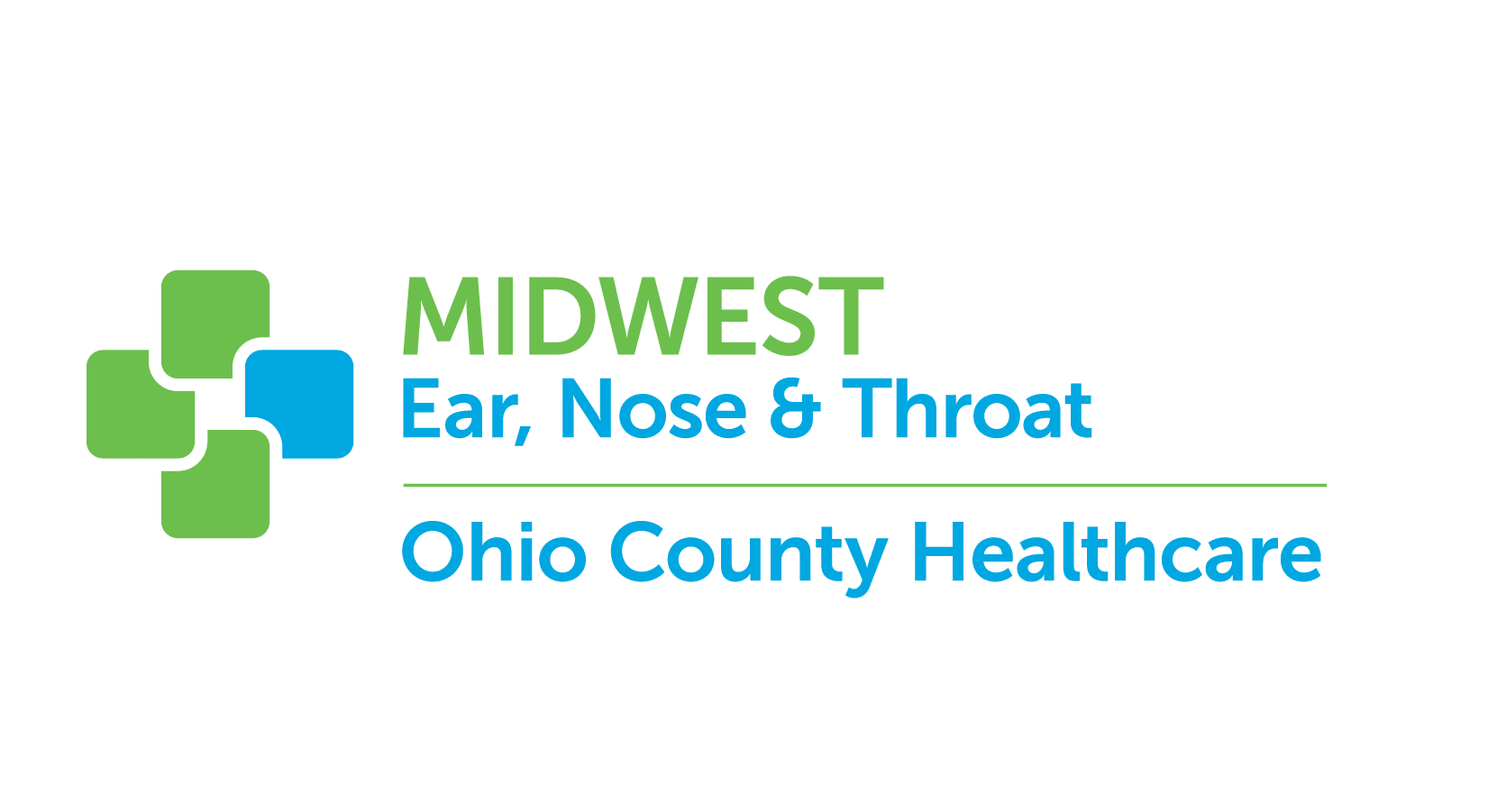Telehealth Option
For the protection of our patients and our staff, our office hours are very limited at this time due to COVID-19. However, your health and well-being are our highest priority. Therefore, we are pleased to offer telehealth services for certain types of appointments. If you are in the high-risk category designated by the CDC or prefer to avoid public places at this time, you can schedule a phone or video appointment.
Currently, we are requesting all patients call before their scheduled appointments to see if they can still be seen. We are limiting in-clinic appointments to patients who have emergency cases and are working to reschedule or move existing appointments to telehealth. If you do have a scheduled office visit, you are only allowed to bring one guest with you into the exam room.
Please call our office to check office hours. If we are unable to answer, please leave a message and someone will call you when we are in the office. (Please note, we are working on a limited schedule. It could be 48 hours before a message is returned).
If you’d like to schedule a virtual visit, you must first call Midwest Ear, Nose, and Throat Head & Neck Surgery, P.S.C. at (270) 691-6161 and our staff will assist you.
With any technology, telemedicine does have its limitations. There is no guarantee that this telemedicine session will eliminate the need to see a specialist in person.
*Temporary COVID-19 Allergy Shot Schedule
Monday, Tuesday and Thursday 8:30am-11:30am. No shots on Wednesdays or Fridays
What Is the Coronavirus?
According to the Center for Disease Control (CDC), COVID-19 is a respiratory illness that can spread from person to person. The virus that causes COVID-19 is a novel coronavirus that was first identified during an investigation into an outbreak in Wuhan, China. Defined by any family (Coronaviridae) of single-stranded RNA viruses, it infects birds and many mammals including humans.
This is not the first time a serious viral respiratory illness has made headlines. MERS and SARS are both caused by a coronavirus.
What Are Symptoms of Coronavirus?
Common symptoms of COVID-19 include:
- Fever
- Cough
- Shortness of breath
Symptoms of the coronavirus and the flu are similar. If you have been in close contact with someone diagnosed with the coronavirus or have recently traveled to an area with a widespread coronavirus outbreak, it is best practice to call your doctor.
If you’ve been exposed to coronavirus, symptoms may start showing anywhere from 2-14 days after the initial exposure.
People who are at risk of getting seriously ill are those with heart disease, diabetes, lung disease and older adults.
Who Should I Call If I’m Sick?
Please DO NOT contact us if you feel you have coronavirus. If you think you should get tested, contact your primary healthcare provider and discuss your options with your doctor.
Precautions to Avoid the Coronavirus?
The following are recommendations from the CDC on how you can stay safe.
Wash Your Hands
Wash your hands with soap and water for at least 20 seconds. Be especially mindful to wash your hands after being in a public area, or after blowing your nose, coughing or sneezing.
Avoid Close Contact
Distance yourself or avoid close contact with those who are sick. If you are at a higher risk of getting seriously ill from the virus, this recommendation is especially important.
Stay Home
Staying home and avoiding others is the best practice of not spreading the virus. Only leave your home when it’s necessary to seek medical care. If you need to reschedule your clinic visit, please give us a call.
Cover Coughs and Sneezes
Use a tissue to cover your mouth and nose when coughing or sneezing. Another method of covering coughs and sneezes is to use the inside of your elbow. Discard used tissues in the trash. Wash your hands immediately for 20 seconds with soap and water after any contact with your cough or sneeze.
Wear a Facemask
If you are sick, wear a facemask when around other people. This includes when visiting a health clinic or sharing a vehicle. If you are unable to wear a facemask due to breathing trouble or other issues, do your best to cover coughs and sneezes.
Clean and Disinfect
Clean and disinfect frequently touched surfaces DAILY. This includes tables, doorknobs, light switches, countertops, handles, desks, phones, keyboards, toilets, faucets and sinks.
Keeping Our Clinic Clean and Safe for Patients?
We are following best practices for prevention in a clinical setting including strict cleaning and disinfecting protocols following each patient visit as recommended by the CDC. This is to ensure your risk of exposure is significantly decreased during your visit.
This includes:
- Educating our staff on symptoms and prevention of coronavirus
- Encouraging patients to stay home if they are experiencing symptoms
- Cleaning and disinfecting frequently touched surfaces
- Cleaning and disinfecting rooms after each patient visit
